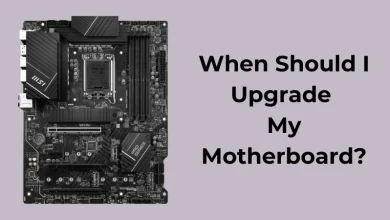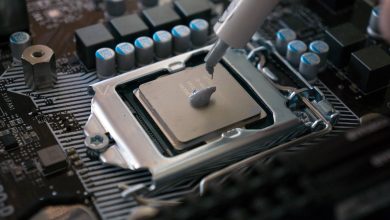Tech’s Impact on Mental Health

What is Tech’s Impact on Mental Health?
Technology has become an integral part of our lives. It affects how we communicate, work, and entertain ourselves. However, its impact on mental health is complex. While technology offers benefits, it also presents challenges. Understanding these effects is crucial for maintaining mental well-being.
The Positive Effects of Technology on Mental Health
Technology has several positive effects on mental health. First, it provides access to mental health resources. Online therapy and support groups make it easier for people to seek help. These services can be more affordable and convenient than traditional therapy.
Moreover, mental health apps offer valuable tools. They can help users track their mood, practice mindfulness, and learn coping strategies. These resources empower individuals to manage their mental health proactively.
Additionally, technology can enhance communication. Social media allows people to connect with others who share similar experiences. This can reduce feelings of isolation and loneliness. Online communities often provide support and understanding.

The Negative Effects of Technology on Mental Health
Despite these benefits, technology can negatively impact mental health. One major concern is social media. It can create unrealistic expectations and promote unhealthy comparisons. Users often showcase their best moments online, leading others to feel inadequate.
Moreover, excessive screen time can lead to various mental health issues. Studies show that high screen time is linked to anxiety and depression. This is particularly true for adolescents. Young people who spend too much time online may struggle with self-esteem and body image issues.
Furthermore, cyberbullying is a significant concern. It can have devastating effects on mental health. Victims may experience anxiety, depression, and even suicidal thoughts. The anonymity of the internet can make bullying more prevalent and harmful.
The Role of Sleep
Sleep is crucial for mental health. However, technology can disrupt sleep patterns. The blue light emitted by screens can interfere with melatonin production. This can make it difficult to fall asleep and stay asleep.
Many people use devices before bed. This can lead to a cycle of poor sleep and increased stress. Sleep deprivation can exacerbate existing mental health issues, creating a negative feedback loop.
Finding Balance in Technology Use
To maximize the benefits of technology while minimizing its drawbacks, finding balance is essential. Here are several strategies to help:
- Set Boundaries: Establish specific times for device use. Avoid screens during meals and before bedtime. This can improve sleep quality and encourage face-to-face interactions.
- Limit Social Media Use: Consider reducing time spent on social media. Set daily limits and unfollow accounts that trigger negative feelings. Curating your feed can create a more positive online experience.
- Engage in Offline Activities: Prioritize activities that do not involve screens. Reading, exercising, and spending time in nature can improve mental health. Engaging in hobbies can also foster creativity and reduce stress.
- Practice Mindfulness: Mindfulness techniques can help manage technology-related stress. Apps and online resources can guide meditation and deep breathing exercises. These practices can enhance self-awareness and emotional regulation.
- Stay Informed: Educate yourself about the impact of technology on mental health. Understanding the effects can empower you to make healthier choices regarding technology use.
The Importance of Digital Detox
A digital detox involves taking a break from technology. This can have significant mental health benefits. Disconnecting from devices allows individuals to reconnect with themselves and their surroundings.
During a digital detox, people can reflect on their technology habits. This break can lead to greater clarity and improved mood. Many find that spending time offline helps them recharge and gain perspective.
The Future of Technology and Mental Health
The relationship between technology and mental health will continue to evolve. As technology advances, new tools will emerge. Teletherapy and AI-driven mental health apps are becoming more common. These innovations can enhance accessibility to mental health resources.
However, ongoing challenges remain. It is essential to address issues like cyberbullying and screen addiction. Public awareness campaigns can help promote healthier technology use.
Conclusion
Technology significantly impacts mental health, both positively and negatively. While it offers valuable resources and support, it can also contribute to anxiety, depression, and sleep issues. Finding balance in technology use is crucial for mental well-being.
By setting boundaries, engaging in offline activities, and practicing mindfulness, individuals can enhance their mental health. A digital detox can also provide valuable benefits. As technology continues to evolve, staying informed and proactive is essential. Ultimately, maintaining a healthy relationship with technology can lead to improved mental well-being.





